Using Chrome Developer Profile Tools you can get a snapshot of what's using your CPU and get a memory snapshot.
Take 2 snaps shots. Select this first one and switch to comparison as shown below

The triangle column is the mathmatical symbol delta or change. So if your deltas are positive, you are creating more objects in memory. I'd would then take another snapshot after a given period of time, say 5 minutes. Then compare the results again. Looking at delta
If your deltas are constant, you are doing an good job at memory manageemnt. If negative, your code is clean and your used objects are able to be properly collected, again a great job.
If your deltas keep increasing, you probably have a memory leak.
Also,
document.getElementsByTagName('*'); // a count of all DOM elements
would be useful to see if you are steadily increasing you DOM elements.
